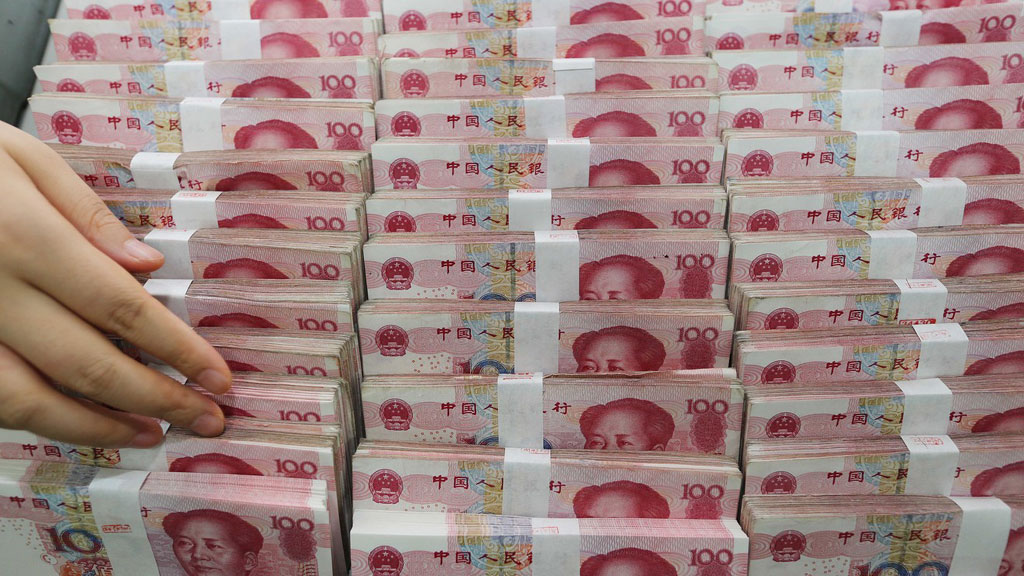 Emerging Asian currencies weakened on Tuesday, as uncertainty crept back over U.S.-China trade negotiations following comments from U.S. President Donald
Emerging Asian currencies weakened on Tuesday, as uncertainty crept back over U.S.-China trade negotiations following comments from U.S. President Donald
Trump, while investors also awaited China's first quarter gross domestic product data.
Trump said on Monday he believed that the United States would emerge from its trade dispute with China as a winner, no matter what happened, as the world's two-largest economies remain locked in long-drawn retaliatory tariff war.
"This means that negotiations could still be in a delicate stage at this point and markets could be perceiving that Trump is looking to increase pressure on the Chinese for concessions," said Chang Wei Liang, a FX strategist at Mizuho Bank.
Following a set of positive economic data from China last week, market focus will now turn to the release of first-quarter GDP data on Wednesday.
Growth in the first quarter is forecast to have cooled to 6.3 percent, the slowest since the global financial crisis, a Reuters poll showed.
Among regional players, the Philippine peso and Indian rupee weakened as much as 0.3 percent and 0.2 percent, respectively.
Philippines President Rodrigo Duterte on Monday signed a 3.7 trillion peso ($71.5 billion) budget for this year, its largest ever, ending months of impasse that forced the Southeast Asian country to cut its growth target to 6-7 percent from 7-8 percent.
The Indonesian rupiah was marginally lower, ahead of the country's general election on Wednesday.
Standing for re-election, President Joko Widodo is up against former general Prabowo Subianto, whom he narrowly defeated in 2014.
Financial markets in Thailand were closed for a holiday.
SOUTH KOREAN WON DIPS
Leading declines in the region, the South Korean won weakened 0.3 percent to 1,136 against the greenback, in tandem with the local equity benchmark index.
Bank of Korea is likely to keep its base rate unchanged at its quarterly review on Thursday, however economists polled by Reuters predict a possible downgrade in growth and inflation forecasts as the trade-reliant economy faces increasing pressure from sagging exports and a slowdown in China.
Chang said the won could become more volatile if the U.S.-China trade deal is seen becoming more problematic than markets had expected.
























Comments
Comments are closed.